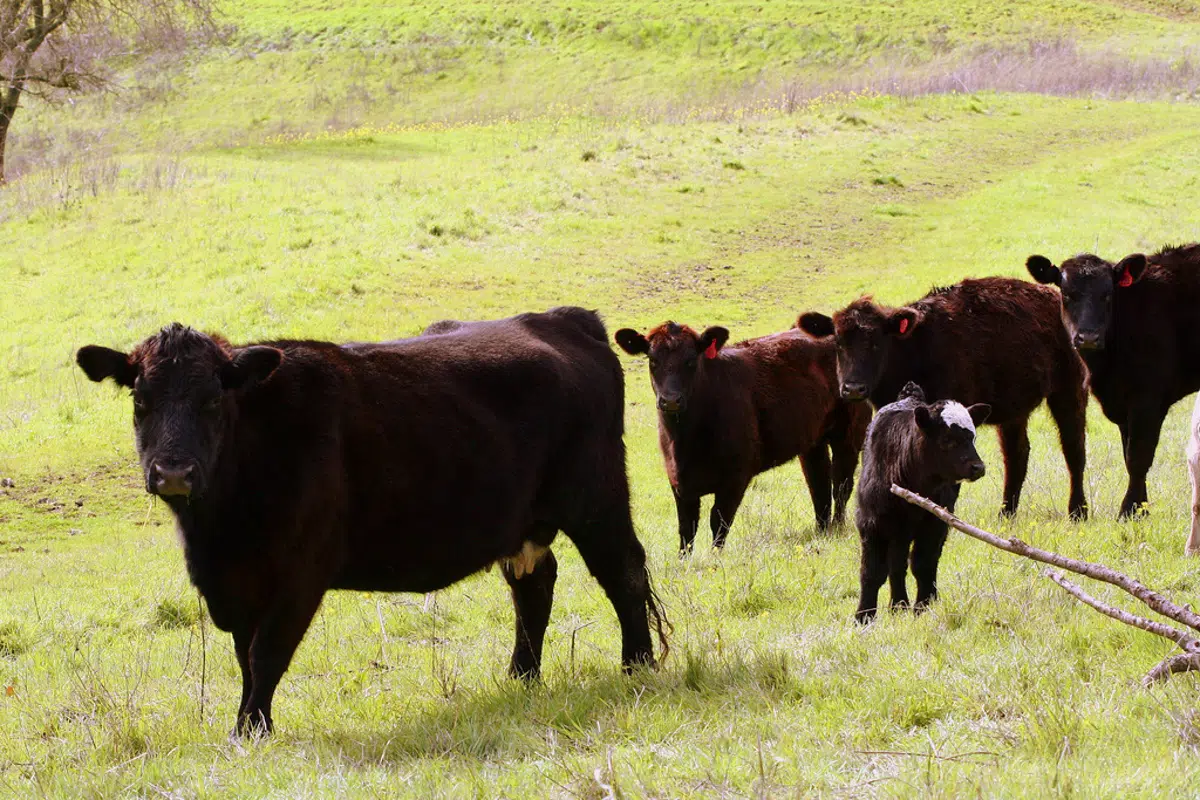
Rancher loses over 30 calves to wolves in Duck Lake
Ranchers in Duck Lake are frustrated as more and more calves are killed by wolves in the area.
Robert Zerebeski has been dealing with wolves– which he said come from the provincial forest– to attack cattle on the fringes of his farmland.
“I would say we lost 30 calves last year,” he said. “It’s quite a hit to be taking.”
He said he’s worried how this year will go, as six calves have already been killed.


